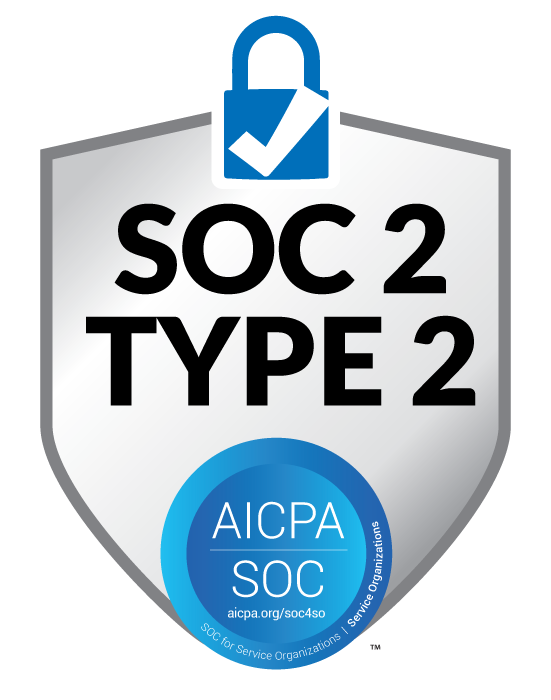
Compliance with payroll tax laws and regulations is critical for employers. Employers are expected to understand their payroll tax obligations, keep accurate records, stay up-to-date on tax laws and regulations, file payroll taxes on time, and more. This is clearly a lot to keep track of, and Salsa is here with some helpful tips and tricks you can share with your employers to help them stay compliant and avoid costly mistakes.
Verify accuracy of all employee data
Collecting and maintaining accurate employee data is essential for payroll tax compliance. Among other things, employers must collect basic personal information for each employee, including their name, address, Social Security number (SSN), and date of birth. Ensuring the accuracy of this information is necessary for tax reporting purposes and verifying employee eligibility to work in the United States.
Ensure state employer identification numbers are accurate
State Employer Identification Numbers (EINs) are identification numbers issued by individual states to businesses operating within their borders. These numbers are used by state tax agencies to track employer tax obligations and ensure compliance with state tax laws.
It is important for businesses to understand their state EIN requirements and comply with state tax laws to avoid penalties and legal liabilities. If an employer is unsure what their state EIN is, they should contact their state’s tax agency directly.
Keep tax deposit frequencies up to date
A state withholding deposit frequency is the schedule on which an employer is required to deposit the state income tax they withhold from their employees' paychecks with the appropriate state tax agency. Some states require employers to deposit state income tax on a monthly, semi-weekly, or quarterly basis, while others require annual deposits. In some cases, the frequency of state withholding deposits may be the same as the federal deposit schedule.
It is important for employers to review their state's deposit frequency requirements and comply with them to avoid penalties and interest charges. Failure to make timely deposits can result in penalties, which can add up quickly and be costly for employers. To determine the appropriate deposit frequency for state income tax withholding, employers should consult their state's tax agency.
Keep unemployment tax rates up to date
State Unemployment Insurance (SUI) taxes are a type of payroll tax paid by employers to fund unemployment benefits for eligible workers who have lost their jobs. SUI tax rates vary by state and employer and are based on a variety of factors. SUI tax rates are determined by the state in which the employer is located, and each state sets its own tax rates, wage base, and other requirements.
If the State Unemployment Insurance (SUI) tax rate is incorrect, it can result in under or overpayment of unemployment insurance taxes by employers. Underpayment of SUI taxes can lead to penalties and interest charges, while overpayment can result in the employer being owed a refund.
To avoid errors in SUI tax rates, employers should regularly review their payroll records and tax filings to ensure that all information is accurate and up-to-date. Employers should also stay up-to-date on changes in SUI tax rates, which may be updated annually or even more frequently.
The bottom line: accuracy is critical to avoid mistakes!
If there's one takeaway here it's to ask employers to always double check each number before submitting them. By verifying the accuracy of this information, employers can help ensure compliance with payroll tax laws and regulations, avoid penalties and fines, and maintain positive relationships with employees and tax authorities. And as always, we’re to help you! If you have any questions about payroll tax compliance please reach out to us today.
Stay in the know
Sign up to receive regular product updates highlighting our feature announcements and product enhancements.


.png)


.png)

